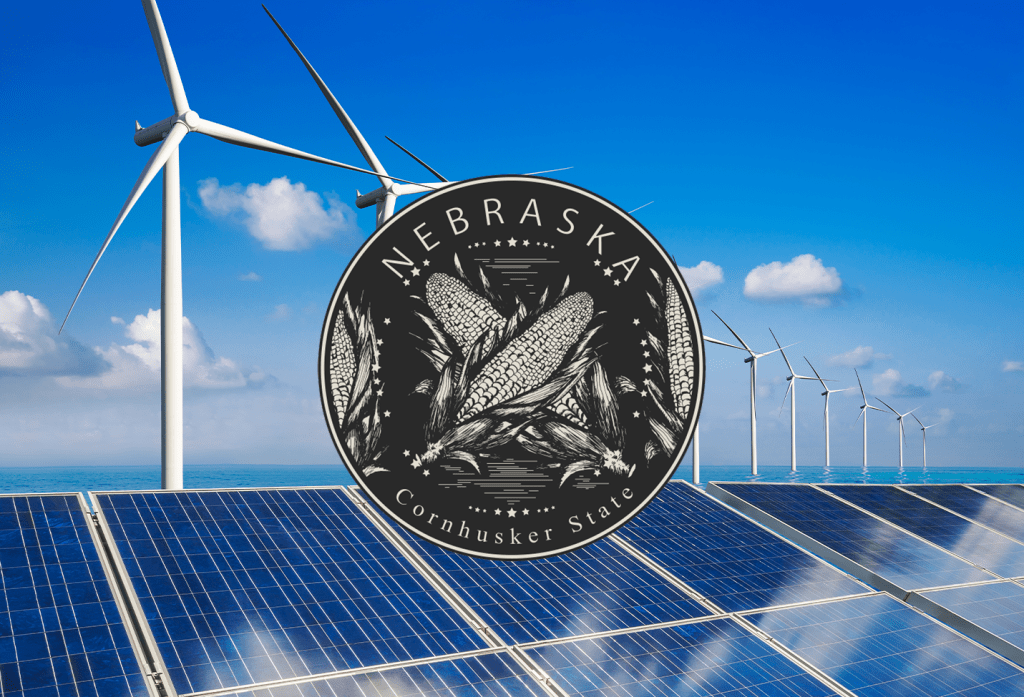Why is composting so hard in the United States?
Just 27 percent of people in the United States has access to some form of composting service. Read More
Cement: the most destructive material in the world or a driver of progress?
Concrete is the most consumed material in the world, but manufacturing it emits almost 3 billion metric tons of CO2 every year. Read More
6 stops on the roadmap to net zero emissions for the apparel sector
These actions can deliver 60 percent of the emissions reductions needed for the industry to stay in line with the Paris Agreement. Read More
How a clean energy transition supports Ukraine
The outbreak of the Ukraine war lays bare the structural flaws with EU's strategy to use natural gas as a bridge fuel. Plans to increase support for green hydrogen and streamline renewable permitting are a good start. Read More
Global food solidarity is needed in response to new IPCC findings
Governments and food companies need to come together to work on climate emissions and climate injustice. Read More
Red-state voters want clean energy too — just look at Nebraska
Wind and solar projects built this decade could deliver more than $1.4 billion in lifetime revenues to Nebraska’s rural economy. Read More
Changes to menu messaging can increase sales of climate-friendly food
Behavioral science has begun to explore strategies to encourage and empower consumers to make more sustainable dietary choices. Read More
The GreenFin Interview: ING America’s CEO on where climate leadership meets the loan book
How one European bank is bringing clients along on its ESG journey. Read More
The exciting intersection of fintech and climate tech
Climate fintech companies raised $1.2 billion in 2021, three times the amount of previous years. Read More
How can nature-based solutions be financed?
Investment by G20 economies in nature-based solutions needs to double by mid-century to help prevent an environmental crisis. Read More









